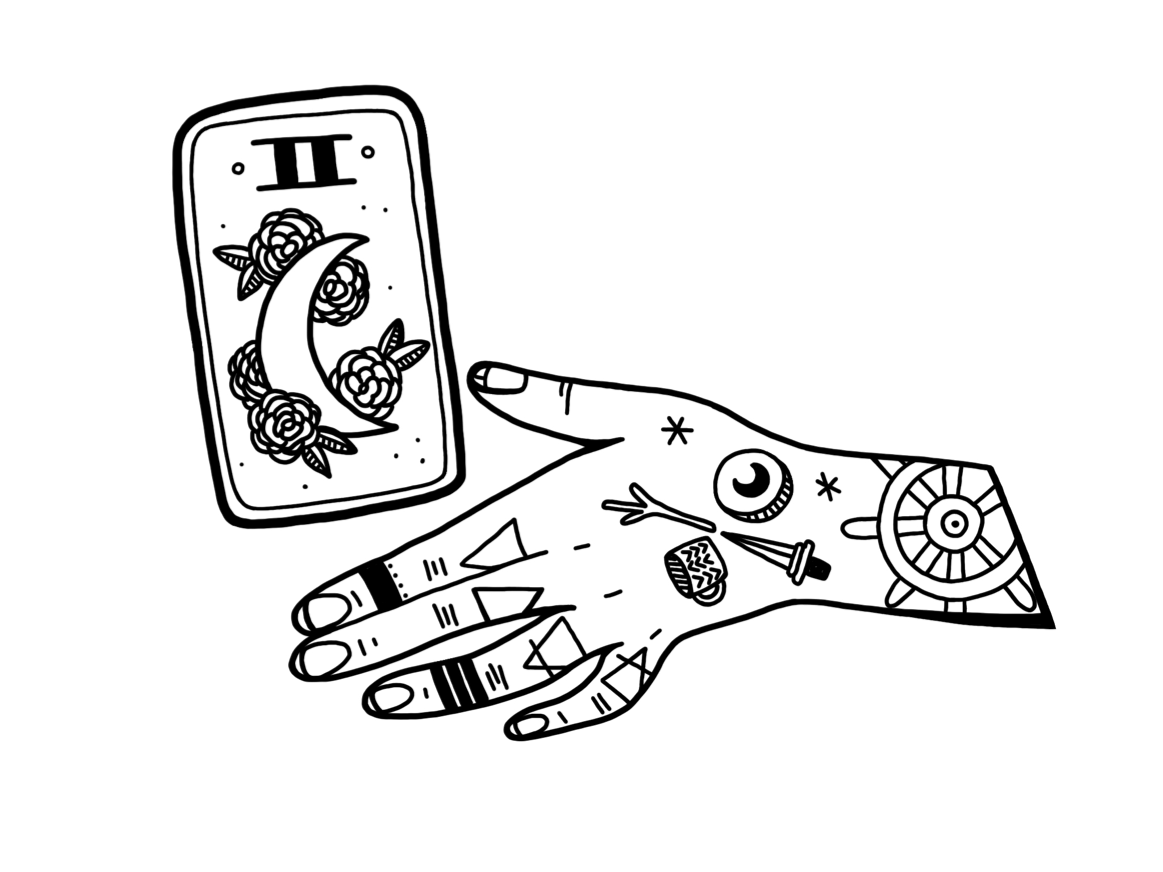It is because the box
happened to be in a strange, sheltered place
wedged away and buried beneath others
that it survived.
The cardboard top, which could hardly be called
a top, crumbled in your hands
as you removed it
and under that, what you found
was not promising: books pasted together
warped, warbling, wet and dried many times
in thick layers
that sheared off in chunks in your hand.
But you kept looking, hoping.
And you did find that, underneath,
protected by the mass above them,
some books were saved—
fresh, loose, and dry.
And you opened one
and found this poem.
I regret that it is a poem about email.
You have never seen email
but know that people used to use it,
that your grandparents did.
Messages piled up in a box
like the foundations of old Troy
(do you remember Troy,
even though it was destroyed
3,000 years before I was born?)
to be swept away each day.
In my time, email
told me how to feel about
living through my time. It said:
We are in an epic battle.
Stop what you’re doing and listen up.
This is a disaster,
urgent crisis, and dangerously close
last chance.
Oh no. Scary news.
Are you worried?
We blew it.
It turns out that I have no such message
for you—
that the things you say
to a person in the future
are very simple:
Hello. Thank you. I love you.
I am sorry. Please forgive me.
Notes
1. The first set of messages in italics are real email subject lines I received in the summer and fall of 2020. Most of them were about non-profit funding deadlines.
2. Some time after I wrote this poem, I found out about the Ho’oponopono prayer, which is part of a Hawai'ian reconciliation ritual. It is usually translated as "I'm sorry, Please forgive me, Thank you, I love you." I am not linking to any informational sources here because everything I'm finding about it on the Internet seems to be New Age and appropriative, but I wanted to note it because of the similarities.
